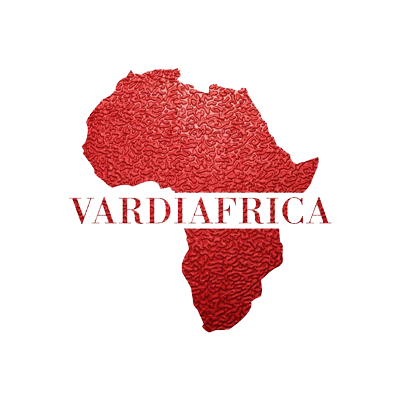UK leader Rishi Sunak and Rwandan counterpart Paul Kagame reiterated Tuesday that they expect Britain to soon start sending undocumented migrants to the African country, despite fresh questions over the controversial scheme
Prime Minister Sunak hosted Kagame at his official residence in London just as a British newspaper reported that properties in Kigali earmarked for the deported migrants had instead been sold to local buyers.
A government spokesperson said Sunak updated President Kagame “on the next stages of the legislation in parliament”, which is at the centre of a standoff.
“Both leaders looked forward to flights departing to Rwanda in the spring,” the spokesperson added.
Sending people to Rwanda is a key part of Sunak’s answer to stopping asylum seekers, who risk their lives crossing the Channel from France in small boats
The proposed law is undergoing legislative “ping-pong” where parliament’s elected House of Commons and the unelected House of Lords send the bill back to each other for amendments.
The Commons is to consider the Lords’ latest proposals on April 15.
The deportation proposal has been mired in controversy and legal challenges since the Boris Johnson unveiled it in 2022 when he was prime minister.
Sunak introduced emergency legislation last year after the Supreme Court ruled that sending asylum seekers to Kigali was illegal under international law.
The legislation seeks to compel judges to treat Rwanda as a safe third country and would also give UK ministers powers to disregard sections of international and British human rights legislation.
The Times reported Tuesday that 70 percent of the 163 homes built in the Rwandan capital have been purchased, meaning there is only space for a few dozen asylum seekers.
A spokesperson for Rwanda’s government disputed the number of properties sold and said the estate was just one of several housing projects where migrants would live alongside Rwandan communities.
Sunak hopes putting irregular migrants on a one-way flight to Kigali will help fend off a resurgent opposition Labour party at a general election due this year.
AFP



